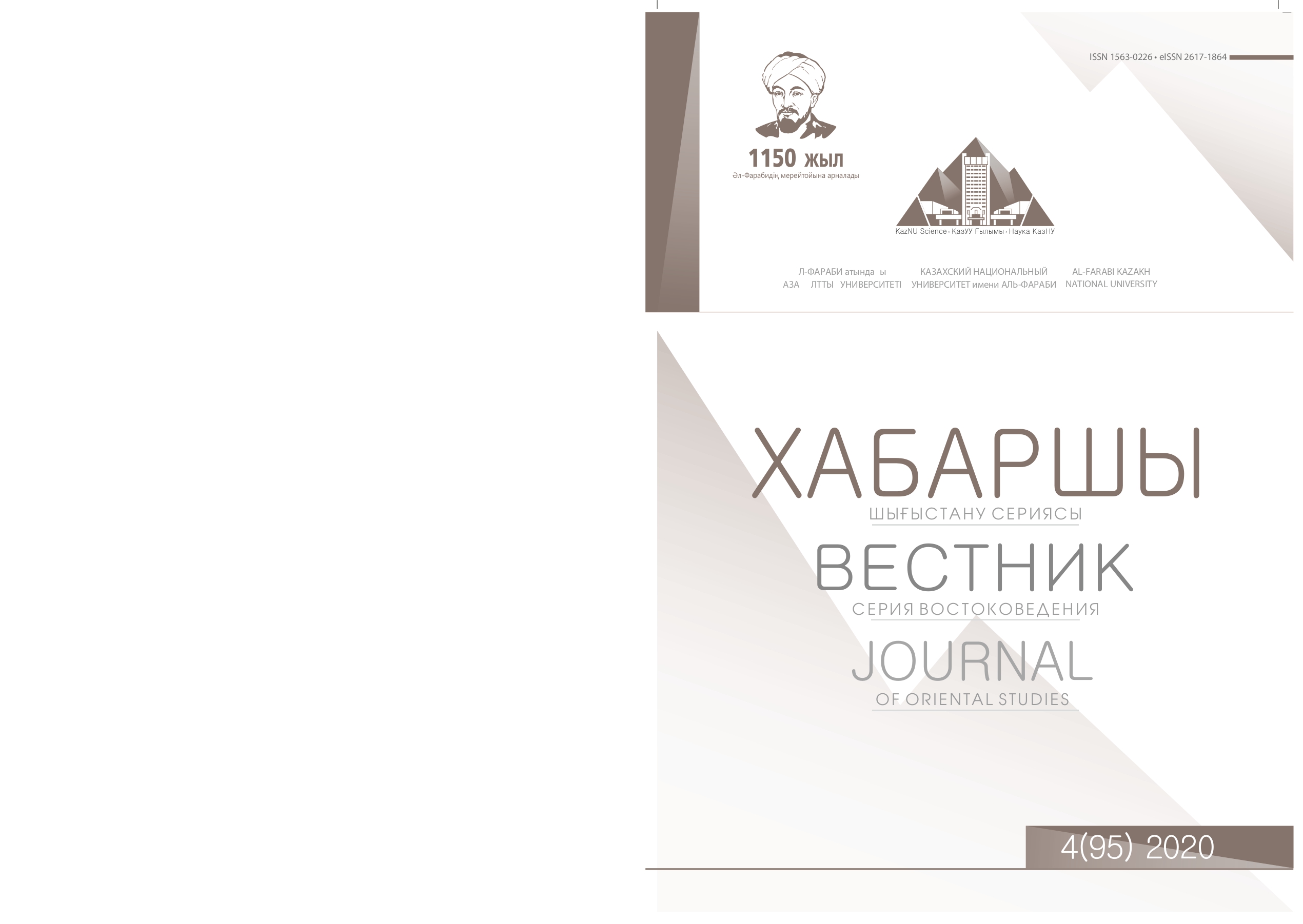Preconditions for reforming the system of public administration in Turkey
DOI:
https://doi.org/10.26577/JOS.2020.v95.i4.05Abstract
This article examines some of the theoretical and conceptual aspects of public administration in Turkey over the past 20 years. In particular, the prerequisites for reforming public and administrative management were investigated, as well as discussed, compared previous studies, and presented new concepts. Turkey has become a model country and has achieved success in many areas. The transformation process in each area is an in-depth study. New liberal trends are calling into question the role of the state in the economic order, and there have been significant changes in the governance paradigm since the early 1980th. Traditional public administration lost its prestige in terms of theoretical and practical aspects and was replaced by a new way of public administration. The new administrative paradigm – the role of the state in society is aimed at restructuring the relationship between government, bureaucracy, the market and citizens. This study also discusses economic transformation. Previously, organizations working only at the regional and national levels were oriented towards international development, taking into account globalization. Advances in technology have expanded areas of communication and increased economic, political, social and cultural interactions. This process affected not only the private and social spheres, but also led to a change in the management culture. The long-term evolution of the Turkish economy in the 2000 is analyzed in comparison with the past, we tried to analyze the current situation, as well as make forecasts and policy recommendations for the future. Key words: Turkey, state, public administration














